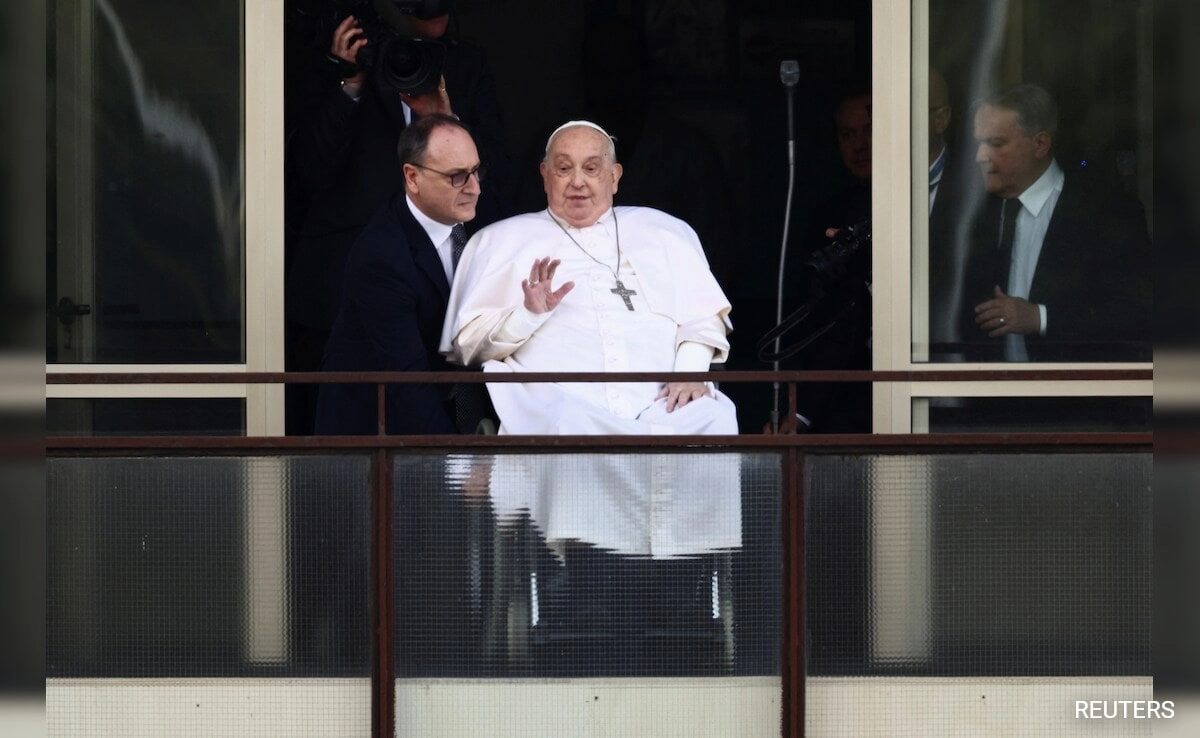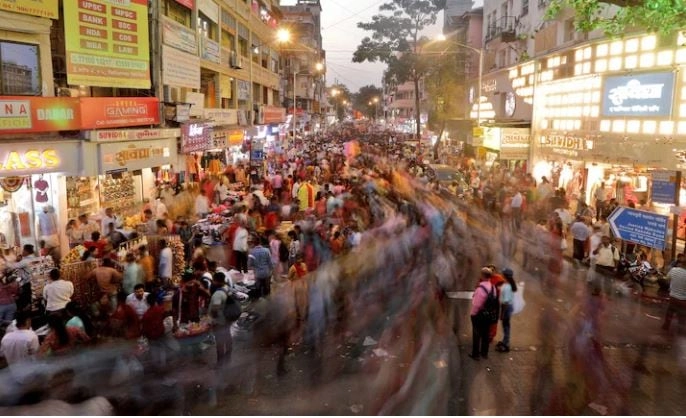The medical health team overseeing Pope Francis has been faced with significant ethical considerations in recent times, particularly regarding the pontiff’s health and well-being. As the leader of the Roman Catholic Church, Pope Francis has garnered immense global attention, and any developments in his health inevitably spark widespread concern and speculation among the faithful and the public alike. Recently, reports surfaced suggesting that his medical team had contemplated the option of allowing him to die peacefully, should his condition deteriorate significantly. This notion raises profound questions about life, dignity, and the moral obligations of healthcare providers.
The discussion surrounding the Pope’s health is not merely a matter of medical logistics; it delves into deeper philosophical and theological territories. In the Catholic tradition, the sanctity of life is paramount, and any consideration of end-of-life decisions is fraught with moral implications. The medical team’s reflections on the possibility of letting Pope Francis die peacefully indicate a nuanced understanding of both the Pope’s advanced age and the realities of his health challenges. This approach suggests a desire to balance the ethical responsibility of preserving life with the compassion that comes from recognizing when further medical interventions may no longer serve the patient’s best interests.
Moreover, the Pope’s health has been a matter of public discourse, highlighting the intersection of spirituality and medicine. The Vatican and its medical team have a unique responsibility, as they navigate not only the physical aspects of care but also the spiritual needs of the Pope and the millions who look to him for guidance. The deliberation over his potential end-of-life care reflects a broader societal conversation about how we approach aging, suffering, and the dignity of individuals facing terminal illnesses. It invites reflection on how medical professionals can honor both their ethical commitments and the wishes of patients, particularly those in positions of significant influence and leadership.
In contemplating such sensitive decisions, the medical team aims to uphold the values of compassion and respect, ensuring that any actions taken are aligned with the Pope’s wishes and the principles of the Catholic faith. This delicate balance requires ongoing dialogue not just within the medical team but also with the Pope himself, acknowledging his role as a spiritual leader. As the world watches, the discussions surrounding Pope Francis’s health serve as a reminder of the complex interplay between medicine, ethics, and faith, prompting a re-examination of how society approaches the end of life for all individuals, regardless of their status.




